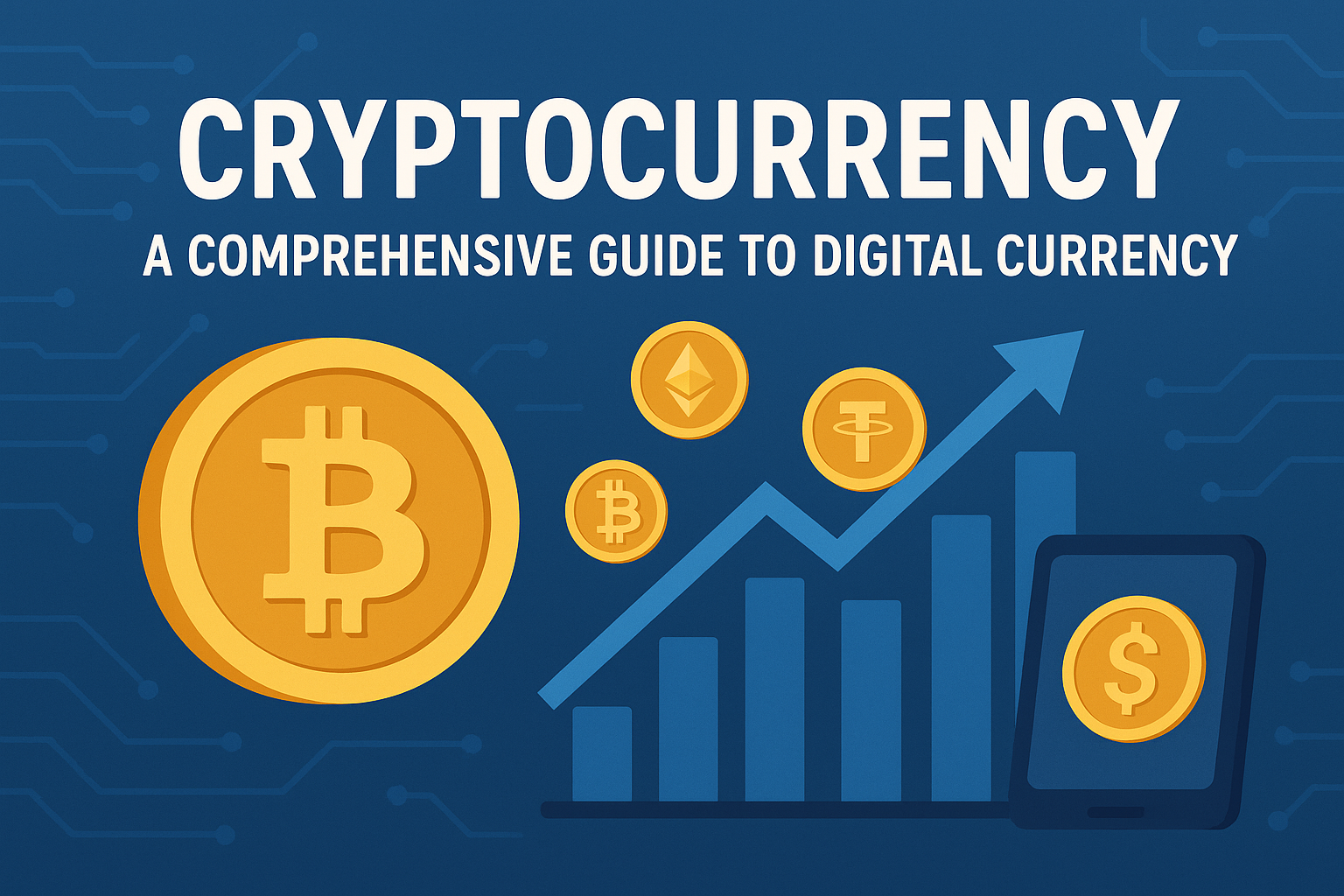Uncovering Secrets: Hookup Detectives
Explore the world of modern relationships and dating with insights from our hookup detectives.
Virtual Currency Trends: Following the Breadcrumbs of Innovation
Explore the latest virtual currency trends and uncover the secrets of innovation shaping the future of finance—don’t miss out!
Understanding the Rise of Decentralized Finance: What It Means for Virtual Currencies
The emergence of Decentralized Finance (DeFi) has transformed the landscape of traditional finance, offering new opportunities and challenges within the realm of virtual currencies. DeFi operates on blockchain technology, enabling financial services without the need for intermediaries like banks. By utilizing smart contracts, users can engage in lending, borrowing, and trading with lower transaction fees and greater transparency. As more individuals seek alternatives to conventional finance, the adoption of decentralized platforms is increasing, which in turn is driving the demand for virtual currencies that facilitate these decentralized transactions.
Moreover, the rise of DeFi is reshaping how investors and users perceive virtual currencies. No longer viewed merely as speculative assets, these currencies are being recognized as integral components of a broader financial ecosystem. With platforms providing users access to liquidity pools and yield farming opportunities, individuals can now earn returns on their assets in unprecedented ways. However, this rapid growth also comes with risks, such as regulatory scrutiny and security vulnerabilities. Understanding the implications of Decentralized Finance is essential for anyone looking to navigate the future of virtual currencies.

Counter-Strike is a highly popular tactical first-person shooter video game series that focuses on team-based gameplay, where players assume the role of terrorists or counter-terrorists. For those looking to enhance their gaming experience, using a csgoroll promo code can provide unique benefits and rewards. The series has evolved over the years, with titles like Counter-Strike: Global Offensive becoming a staple in the competitive gaming scene.
Top 5 Innovations Shaping the Future of Virtual Currency
The world of virtual currency is evolving rapidly, largely due to groundbreaking innovations that are enhancing its usability and security. One significant development is the rise of decentralized finance (DeFi), which enables users to engage in financial services without intermediaries. This shift is empowering individuals by providing greater access to loans, savings, and investment opportunities, fostering a more inclusive financial ecosystem. Additionally, the integration of smart contracts is revolutionizing how transactions are executed, ensuring that they occur automatically when predetermined conditions are met.
Another pivotal innovation is the introduction of central bank digital currencies (CBDCs), which are being explored by various governments worldwide as a means of modernizing their financial systems. CBDCs aim to combine the advantages of digital currencies with the backing of traditional central banking stability. Furthermore, advancements in blockchain technology are continuously improving transaction speed and lowering costs, making virtual currencies more appealing to the mainstream audience. Lastly, the rise of NFTs (Non-Fungible Tokens) is redefining ownership in the digital realm, creating new markets and opportunities for artists and creators alike.
How Blockchain Technology is Revolutionizing Digital Payments
The advent of blockchain technology is fundamentally transforming the landscape of digital payments. Unlike traditional payment systems that rely on centralized authorities such as banks, blockchain enables direct transactions between parties, minimizing the need for intermediaries. This not only reduces transaction fees but also expedites the payment process, making it more efficient for both consumers and businesses. According to recent studies, businesses leveraging blockchain for their payment solutions can see a reduction in transaction times by up to 70%, streamlining their operations significantly.
Moreover, the transparency and security offered by blockchain technology cannot be overstated. Each transaction is recorded on an immutable ledger, providing a clear trail that can be audited at any time. This level of security greatly mitigates the risks of fraud and chargebacks, assuring users of the authenticity of each transaction. As businesses begin to recognize these benefits, the adoption of blockchain-based payment solutions is set to increase, further revolutionizing the way we think about and conduct digital payments. For instance, more companies are exploring cryptocurrencies as a viable payment method, catering to a tech-savvy customer base that values speed, security, and innovation.